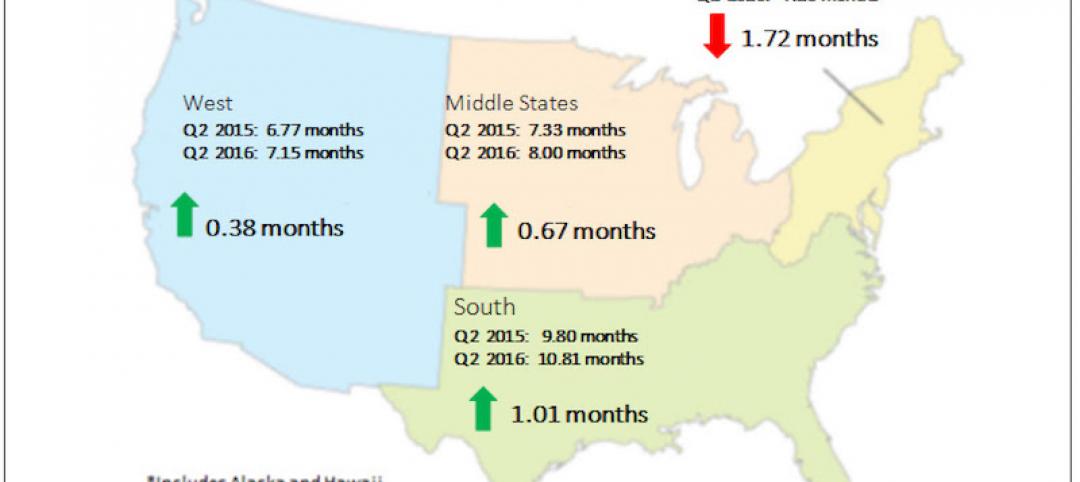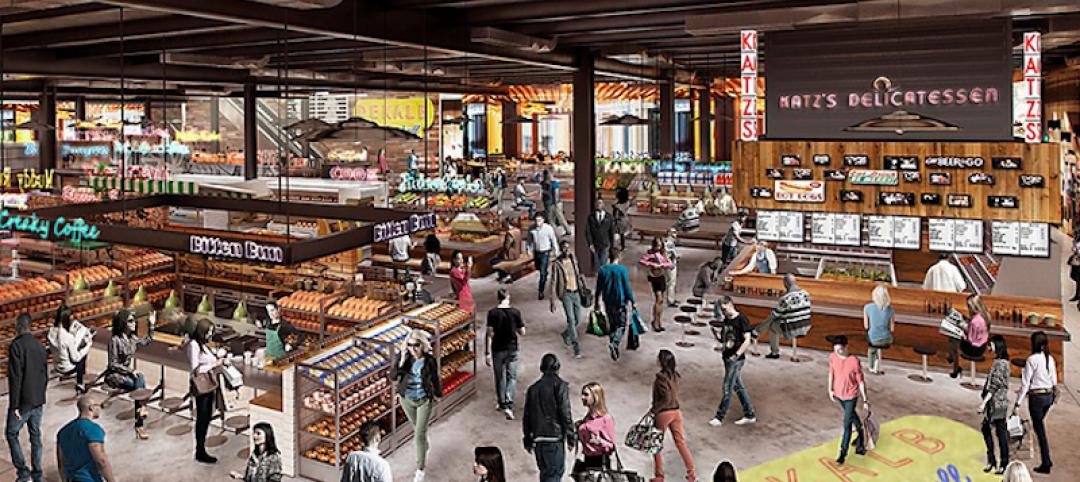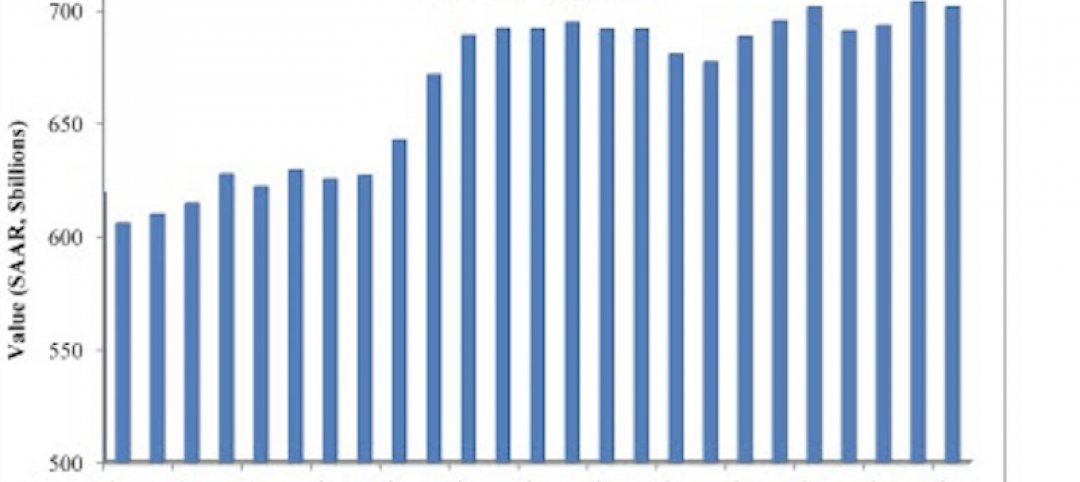As office workers in the U.S. continue returning to their places of employment, Bradley Corp. conducted its Healthy Handwashing Survey™ and found that coronavirus concerns persist, especially as new variants emerge. In response, employees are taking preventive actions. 86% are bringing a mask with them to work and 73% have been fully vaccinated. In addition to masks, office workers are packing a few other personal protection items: 66% have their own hand sanitizer; 39% are taking cleaning wipes; and 29% are prepared with disinfectant spray.
The survey also revealed that, compared to the general population, office workers are significantly more conscious about coming in contact with germs and more concerned about contracting the coronavirus. 73% of office workers worry about getting the coronavirus versus 67% of the general population. And, due to the rise in new strains of the virus, 70% of office workers have implemented a more rigorous handwashing regimen versus 59% of the general population.
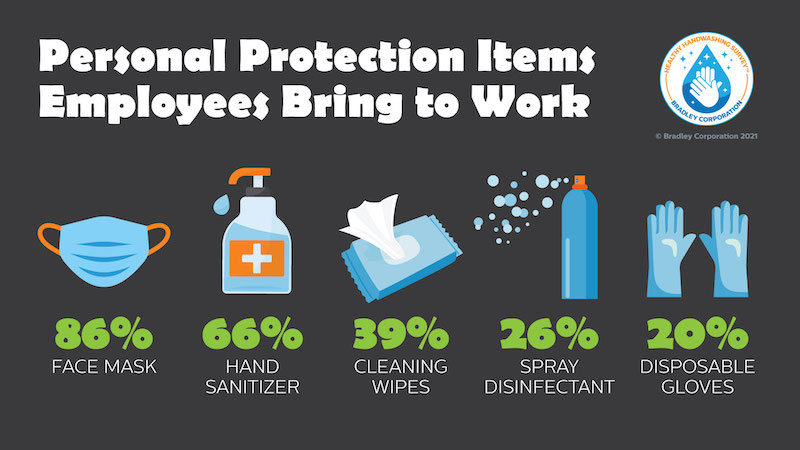
The Healthy Handwashing Survey from Bradley Corp. queried 1,035 American adults Aug. 3-10, 2021, about their handwashing habits, concerns about the coronavirus and their return to the workplace. A subset of 513 respondents who work in offices were identified and asked a series of applicable questions. Participants were from around the country and were evenly split between men and women. The Healthy Handwashing Survey of the general population has a margin of error of +/- 3% and the office worker subset has a margin of error of +/- 4, with a 95% confidence level.
The ongoing pandemic has also led to changes in the work environment – namely how workers interact with their colleagues. At the office, 51% avoid shaking hands, 42% sit further way in meetings and 36% use a video call instead of meeting in person. In terms of hand hygiene, approximately two-out-of-three office workers are washing their hands more frequently since returning to the office, with half washing six or more times a day.
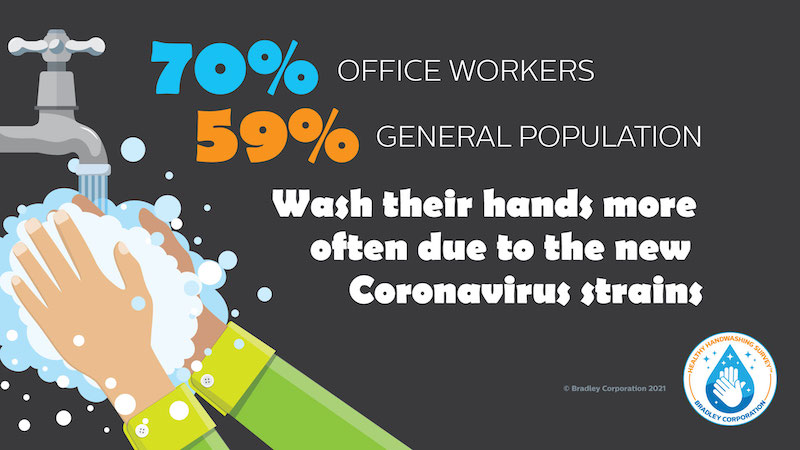
“Office workers are returning to the workplace cautiously—particularly now with the prevalence of the Delta variant—and are personally taking steps to avoid germs and the virus,” says Jon Dommisse, Vice President of Marketing and Corporate Communication, Bradley Corp. “The coronavirus has notched up the need for cleaner workspaces, limited contact and increased handwashing.”
Coronavirus Concerns Spur Hand Hygiene Practices
With office workers washing their hands more frequently, 62% report their employers have made changes or improvements to workplace restrooms in response to the pandemic, including more frequent cleanings. And, in a sign of today’s pandemic times, 79% of office workers believe touchless restroom fixtures are important. Case in point, when using their workplace restroom, two-thirds reach for a paper towel to avoid touching restroom door handles, the toilet flusher and faucet handles. Another one-third use their foot to operate the toilet flusher.
Within the workspace, employers have added hand sanitizing stations and encouraged employees to stay home when sick. Those actions haven’t gone unnoticed or unappreciated by employees. 53% of office workers say their employer’s response to the pandemic and implementation of safety measures makes them feel more valued and 35% say it makes them feel more positive about the company they work for.
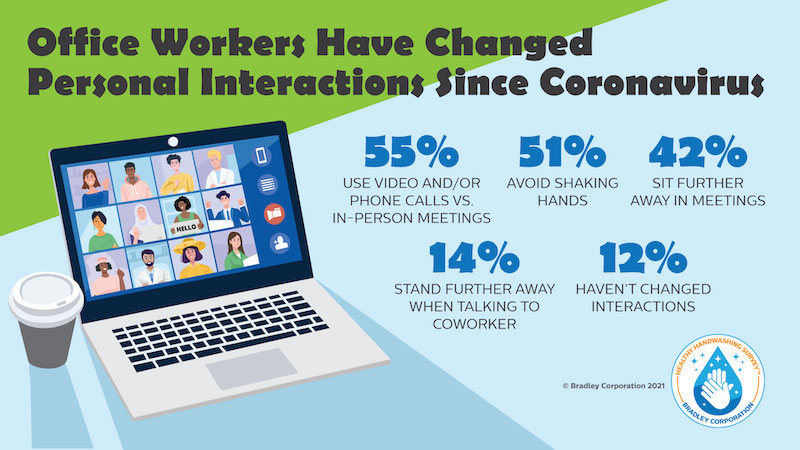
Related Stories
Market Data | Sep 22, 2016
Architecture Billings Index slips, overall outlook remains positive
Business conditions are slumping in the Northeast.
Market Data | Sep 20, 2016
Backlog skyrockets for largest firms during second quarter, but falls to 8.5 months overall
While a handful of commercial construction segments continue to be associated with expanding volumes, for the most part, the average contractor is no longer getting busier, says ABC Chief Economist Anirban Basu.
Designers | Sep 13, 2016
5 trends propelling a new era of food halls
Food halls have not only become an economical solution for restauranteurs and chefs experiencing skyrocketing retail prices and rents in large cities, but they also tap into our increased interest in gourmet locally sourced food, writes Gensler's Toshi Kasai.
Building Team | Sep 6, 2016
Letting your resource take center stage: A guide to thoughtful site selection for interpretive centers
Thoughtful site selection is never about one factor, but rather a confluence of several components that ultimately present trade-offs for the owner.
Market Data | Sep 2, 2016
Nonresidential spending inches lower in July while June data is upwardly revised to eight-year record
Nonresidential construction spending has been suppressed over the last year or so with the primary factor being the lack of momentum in public spending.
Industry Research | Sep 1, 2016
CannonDesign releases infographic to better help universities obtain more R&D funding
CannonDesign releases infographic to better help universities obtain more R&D funding.
Industry Research | Aug 25, 2016
Building bonds: The role of 'trusted advisor' is earned not acquired
A trusted advisor acts as a guiding partner over the full course of a professional relationship.
Multifamily Housing | Aug 17, 2016
A new research platform launches for a data-deprived multifamily sector
The list of leading developers, owners, and property managers that are funding the NMHC Research Foundation speaks to the information gap it hopes to fill.
Hotel Facilities | Aug 17, 2016
Hotel construction continues to flourish in major cities
But concerns about overbuilding persist.
Market Data | Aug 16, 2016
Leading economists predict construction industry growth through 2017
The Chief Economists for ABC, AIA, and NAHB all see the construction industry continuing to expand over the next year and a half.




